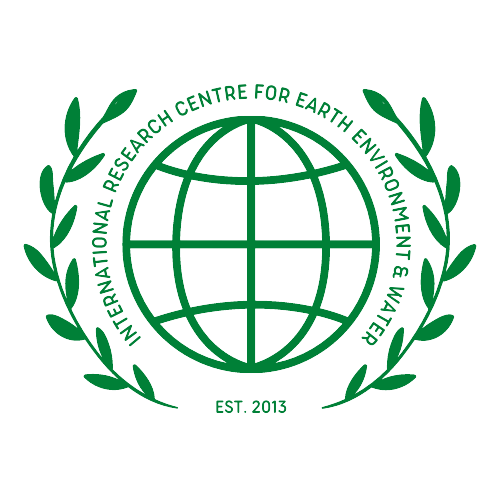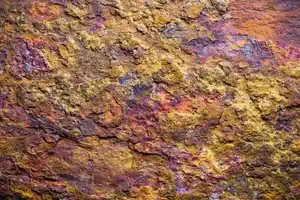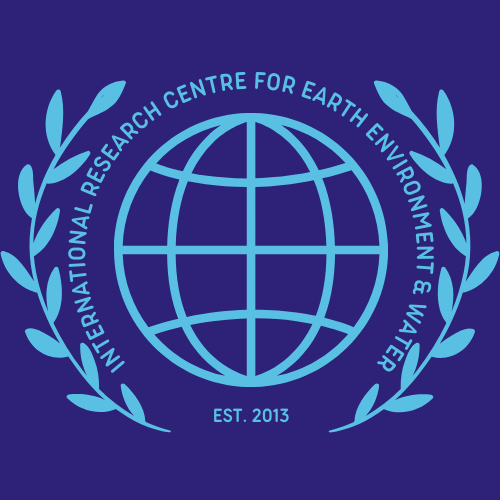Mineral resources of Pakistan
Introduction
Pakistan is a country rich in mineral resources. It is estimated that Pakistan has an average of 3500 million tons of copper ore deposits, 50 million tons of chromite ore deposits, 3000 million tons of iron ore deposits and 1100 million tons of manganese ore deposits. In addition to these reserves, there are also large reserves of gold and silver, as well as marble and granite, which can be used for industrial purposes.
Potential of mineral resources in Pakistan
The potential of mineral resources in Pakistan is very high and not fully explored yet. The mineral resources include metals, minerals, rocks and groundwater. Exploring these mineral resources is also essential as it helps to find new deposits of these minerals and their value addition, increasing the country’s economy.
The exploration of minerals has been done from time immemorial through conventional methods, i.e., surface surveys or drilling but recently, with the advent of remote sensing techniques such as satellite imagery, Global Positioning System (GPS), seismic reflection profiling etc., has made it much easier for explorers to identify prospective areas for locating new mineral deposits quickly and economically.
Coal reserves in Pakistan are estimated at more than 65 billion tonnes, out of which only 0.1% has been exploited so far. Iron ore deposits are estimated at 119 million tonnes, of which only 0% has been used so far.
Background
Pakistan is a country rich in mineral resources. The country has many mineral deposits and is an essential source of minerals for the world. Pakistan has various minerals and is one of the world’s largest producers of chromite, coal, copper, iron ore and lead.
Pakistan’s rich mineral resources are found mainly in the Balochistan province, which accounts for over 90% of all industrial mineral production. In contrast, Sind Province produces the most precious stones (i.e., diamonds), with its Kachhi Area being famous as “The Diamond Mine” or “Diamontiferous Area”.
Mineral sectors
- Exploration and mining of minerals in Pakistan
- Mining of coal, copper, chromite, gold, silver, lead and zinc
- Examples of mineral resources include marble and granite (in Balochistan) and, copper (in Sindh), iron ore (in Chiniot).
Copper
- Copper is a soft, malleable, ductile metal with high thermal and electrical conductivity.
- It has excellent mechanical properties and is a good conductor of heat and electricity.
- It is used in various applications, including building and construction, electrical cables, plumbing, heat exchangers, cooking utensils and water pipes.
Iron ore
Iron ore is a mineral resource of Pakistan and is found in the Balochistan province. Iron ore is mined in Pakistan and then used to make steel, the second most crucial mineral resource found in Pakistan and the third most important mineral resource overall. Iron ore is a vital material for industrial development; it creates steel that supports infrastructure projects like roads, bridges and buildings.
Chromite
Chromium is an essential trace element in chromium (III) oxide and chromium (VI) oxide. It is used to make stainless steel, which has corrosion resistance and can be used in applications like cars and kitchen utensils. In Pakistan, chromite ore is mined from the Balochistan province of Pakistan. Chromite ore can be mined in different ways:
The first method involves breaking down rocks by blasting them with dynamite or other explosives to create small pieces of rock called rubble or slag. This method requires a lot of energy because it takes more than one explosion per tonne of ore extracted from Earth’s crust.
The second method uses water pressure or suction pumps instead of explosives to break up rocks into smaller pieces called fines or gangue minerals that contain iron compounds such as magnetite or ilmenite.
Manganese
Manganese is a hard, brittle, steel-grey metal that is relatively soft. It is used to make steel and alloys of steel. Manganese is also used to protect iron and steel from rust. Manganese can be found in aluminium smelters and refineries, zinc smelters and refineries, coal mines where manganese nodules are mined (such as off the coast of Brazil), and high-tech battery manufacturers that use manganese dioxide batteries for their products.
Lead and zinc
As of 2016, Pakistan’s total lead and zinc deposits are estimated at 1.1 million tonnes (MT) of contained metal. Zinc is mined from the following areas: Lead and zinc have been found in many parts of Punjab province, including Kasur, Sargodha, Jhang, Mandi Bahauddin and Chakwal districts. The estimated reserves for lead and zinc deposits in these areas are 270000 MT, with 170000 MT containing metal.
Gold and silver
- Gold and silver are found in the country as nuggets, grains and flakes.
- Gold and silver are also present in alluvial deposits.
- In some areas of the country, gold is found in lodes.
Marble and granite
- Marble
Marble is a metamorphic rock that’s used in construction and architecture. It often has veins of other minerals running through it but can also be solid-coloured.
- Granite
Granite is a metamorphic rock that’s used in construction and architecture. It can be used for monuments, sculptures, decorative items, buildings, and roadways.
Potential of mineral resources in Pakistan
As you can see, this country has rich mineral wealth. It has an abundance of minerals and is rich in mineral resources. There is also an enormous wealth of minerals in Pakistan. This country’s people are aware of its abundant mineral resources, making them feel lucky to live there.
Conclusion
Pakistan’s mineral resources are vast, but it has made little progress in exploiting them. This is due to many factors, including poor infrastructure, political instability and security problems. There is also an issue with mismanagement and corruption at all levels of government which means that many projects are never completed on time or even started at all.


